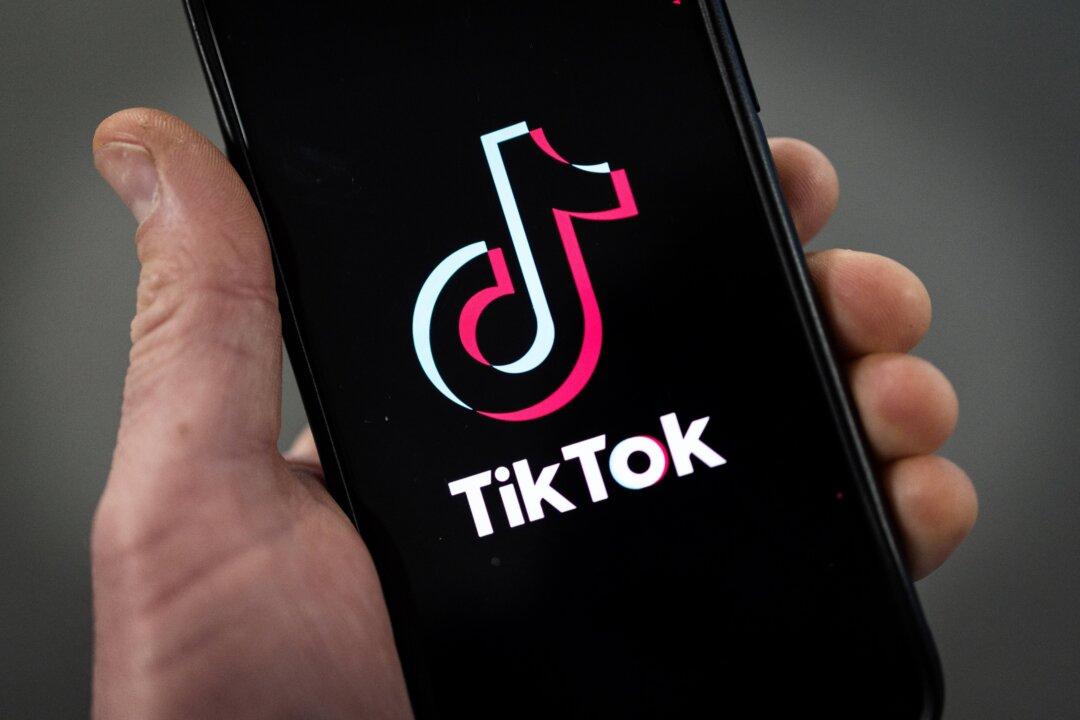Nearly half of Australia’s IT policymakers believe we should ban smartphone apps in the workplace, including restricting the Chinese social media app TikTok to protect sensitive business data, according to a new survey.
Many of these bans could extend to employees’ personal phones, with around 40 percent of managers considering restrictions on all devices used in the workplace, a survey by Canadian software company BlackBerry has found.




